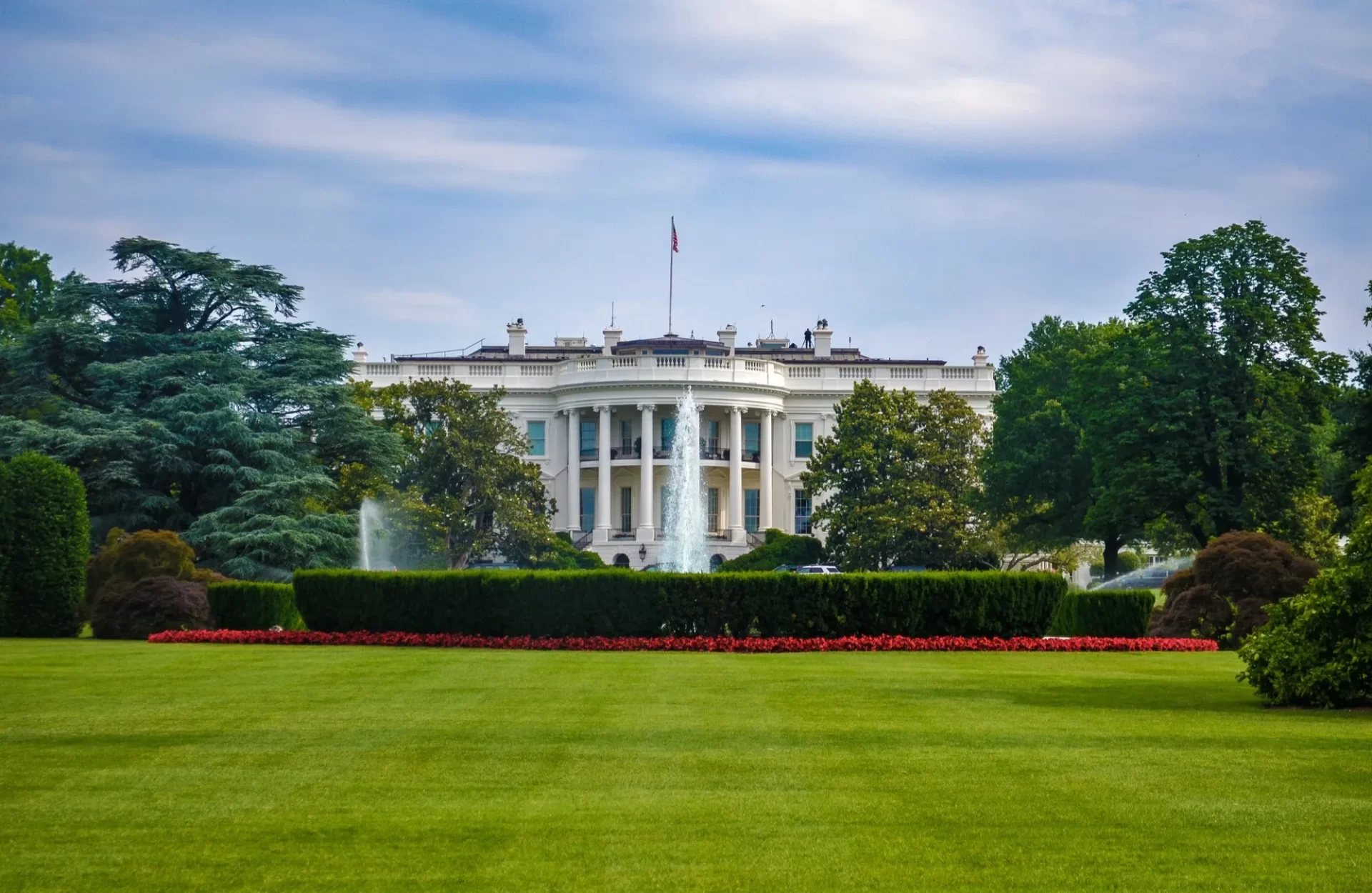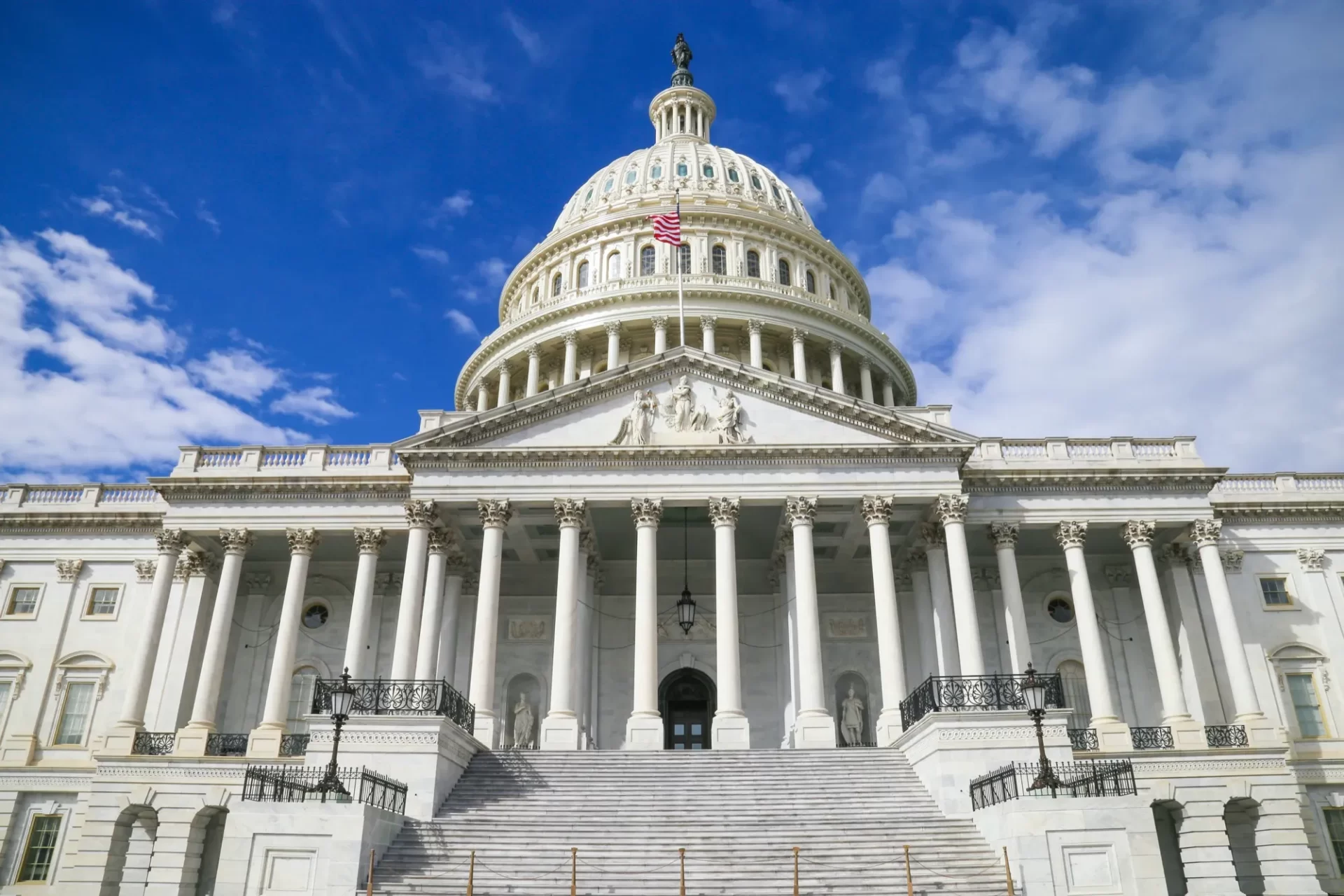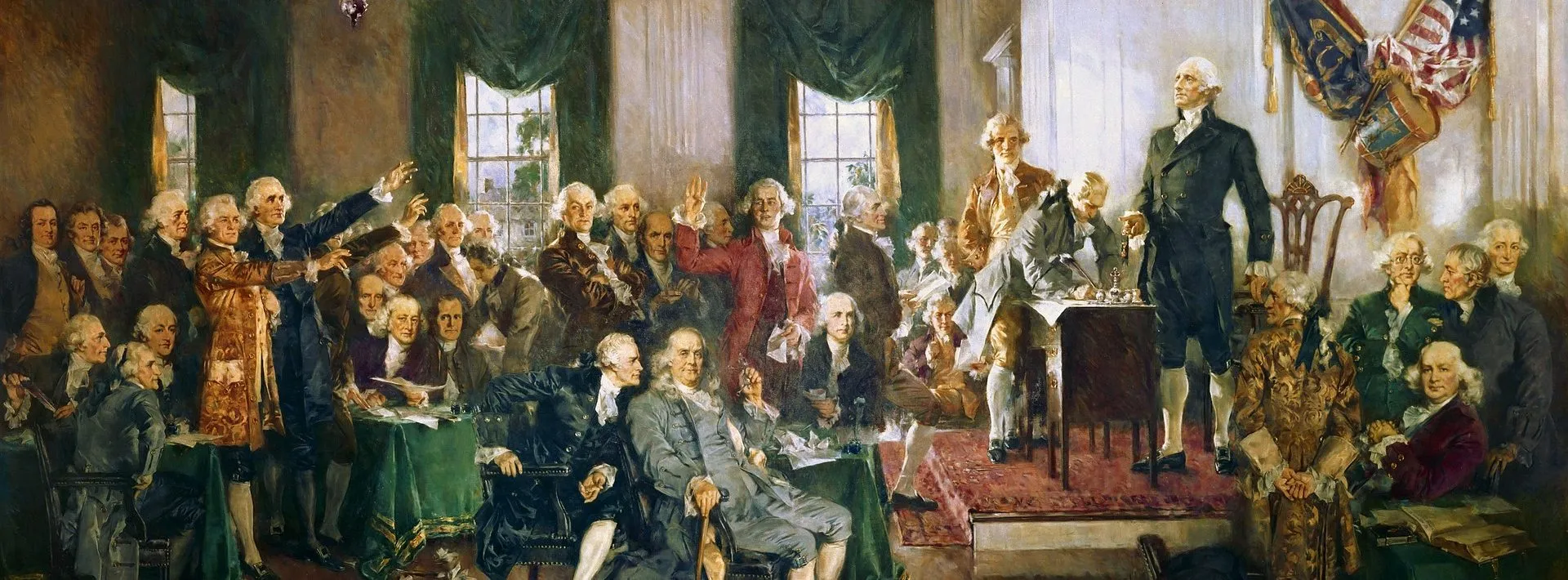
Parental Rights
Scripture is clear that parents have the responsibility to educate and train their children to be virtuous and productive members of society. With that responsibility comes what has long been understood as a fundamental right of parents to determine the manner by which they fulfill that responsibility.
"Children are not a distraction from more important work, they are the most important work."
- C.S. Lewis

The issue of Parental Authority is a Biblical and natural concept that has generally been observed by governments since the beginning of human history. Throughout history and across cultural lines, people generally recognize the primal wound caused by separating a child from his parents, and how such a practice violates the natural law that serves as a foundation for all human law.
Likewise, Scripture contains numerous instructions to parents–and none to civil government– on raising children. Scripture is clear that parents have the responsibility to educate and train their children to be virtuous and productive members of society. With that responsibility comes what has long been understood as a fundamental right of parents to determine the manner by which they fulfill that responsibility. Excepting only the most extreme circumstances where justice demands intervention, this right and responsibility of parents must remain well protected as a part of the natural order.
To this end, the Supreme Court of the United States has consistently ruled in a series of noteworthy landmark cases pertaining to this subject. Notably:
- In Meyer v. Nebraska, 262 U.S. 390 (1923), SCOTUS affirmed that the Due Process Clause of the Fourteenth Amendment protects this liberty, incorporating “the right to marry, establish a home, and bring up children.”
- In Pierce v. Society of Sisters, 268 U.S. 510 (1925), SCOTUS held that “the child is not the mere creature of the State; those who nurture him and direct his destiny have the right, coupled with the high duty, to recognize and prepare him for additional obligations.”
- In Stanley v. Illinois, 405 U.S. 645 (1972), SCOTUS upheld the fundamental rights of parents “in the companionship, care, custody, and management” of their children. Id. at 651.
- In Wisconsin v. Yoder, 406 U.S. 205 (1972), SCOTUS declared that “[t]his primary role of the parents in the upbringing of their children is now established beyond debate as an enduring American tradition.” Id. at 232.
Under this body of United States Supreme Court precedent, American courts apply strict scrutiny when reviewing government actions that substantially interfere with a citizen’s fundamental rights. U.S. Supreme Court case law articulates a “strict scrutiny” standard that limits the exercise of government power.
“The essence of all that has been said or written on the subject is that only those interests of the highest order and those not otherwise served can overbalance legitimate claims to the free exercise of [a fundamental right].”
– Wisconsin v. Yoder, 406 U.S. 205 (1972); See also Adarand v. Pena, (1995), Widmar v. Vincent, (1982), and Church of the Lukumi Babalu Aye, Inc., v. Hialeah, (1993).
Courts at various levels of the federal judiciary used this same terminology in at least 125 cases since its introduction in 1972. Its meaning, therefore, is well established and clear.
Nevertheless, in recent years, global bodies, foreign governments, and various levels of state and local government in the U.S. have increasingly interfered with fundamental parental rights. It is vital that Christian parents continue to retain their God-given responsibility to train their children in the ways of the Lord.
As the Lord commands of parents in Deuteronomy 6,
“Love the Lord your God with all your heart and with all your soul and with all your strength. These commandments that I give you today are to be on your hearts. Impress them on your children. Talk about them when you sit at home and when you walk along the road, when you lie down and when you get up. Tie them as symbols on your hands and bind them on your foreheads. Write them on the doorframes of your houses and on your gates.”
Highlights
Featured Posts
On This Issue
Latest Podcasts




Government Power, Parents, and Education Choice...
February 20, 2024
Home Education and the Heart of...
December 20, 2023
Related to This Issue
In The Public Square
Browse filed comments, briefs, and public testimonies on recent legislation and public policy.
- Protecting Parental Rights from Unconstitutional Legislation in MIIn Opposition to HB 4085, HB 4086, and HB 4087
- Protecting Children by Preserving Parental Rights in LAIn Support of House Bill No. 152
- Protecting Children by Preserving Parental Rights in ALTestimony in Support of House Bill No. 6
- Protecting Fundamental Constitutional Rights against Bad Public Policy in MIConcerns Regarding Senate Bill No. 4
Related to This Issue
Publications
Browse other books, articles, and journals related to this issue.
- La Libertad De Los Padres De Dirigir La Crianza De Sus HijosFundación Ley Divina, Natural y Común
- Religious Freedom 101A Religious Civil Rights Handbook
- Parental Rights Words that WorkEffectively Communicating Truth about Parental Rights
- The Liberty of Parents to Direct the Upbringing of Their ChildrenDivine, Natural, and Common Law Foundations
Be Informed



































